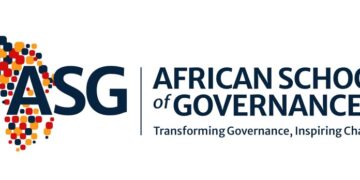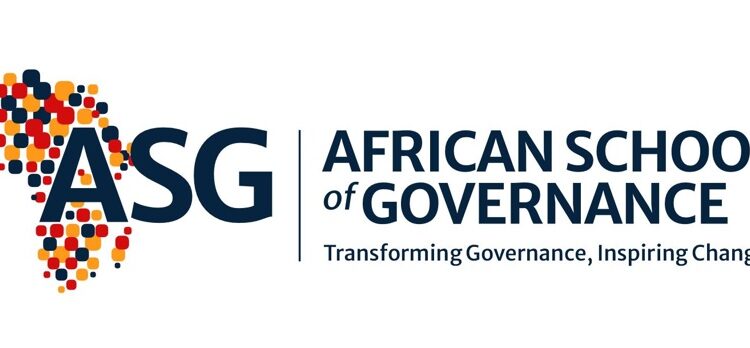By John Ikani
African leaders have taken a major step toward shaping the future of governance on the continent by launching the African School of Governance (ASG).
The school, backed by the African School of Governance Foundation (ASGF), will focus on public policy education, research, and engagement programs, all aimed at addressing the unique governance challenges facing Africa today.
What sets ASG apart is its focus on solutions that come from within Africa. The institution is being co-founded by Rwandan President Paul Kagame and former Ethiopian Prime Minister Hailemariam Desalegn, with input from a range of African scholars, philanthropists, and leaders.
The goal is to build a school that not only teaches leadership but also cultivates the skills and mindsets necessary for sustainable development across the continent.
The leaders behind ASG have a shared vision of developing a new generation of purpose-driven leaders who can tackle Africa’s most pressing challenges. Professor Kingsley Moghalu, a globally recognized expert in public policy, has been appointed as ASG’s first president.
Reflecting on his appointment, he said, “The establishment of ASG is a powerful expression of a clear vision on the part of the founding leaders. I share this vision of a transformed Africa driven by competent leadership and governance.”
The continent’s rapid economic growth brings with it new challenges and opportunities, and African leaders are increasingly expected to navigate complex issues such as post-pandemic recovery and climate adaptation.
ASG aims to equip leaders with the tools to rise to these challenges. By offering tailored programs like the Master of Public Administration (MPA) and Executive Master of Public Administration (EMPA), the school will prepare professionals at various stages of their careers to drive positive change.
The school’s offerings won’t stop at education. ASG will also house several research centers, focused on developing practical solutions to the governance issues Africa faces.
These centres will concentrate on topics like trade, regional integration, and technology, ensuring that the research done here directly impacts policy-making across the continent.
By engaging with governments, businesses, and civil society, ASG will help translate its research into real-world solutions that improve governance.
What makes ASG’s approach even more unique is its commitment to grounding education in African realities while drawing from global best practices.
Students will study not only leadership principles but also the political and social history of the continent, enabling them to make informed decisions that reflect Africa’s needs and aspirations.
Programs like the Young Leaders Program (YLP) and Senior Leadership Fellowship (SLF) will ensure leadership development at every stage of life, from high-potential undergraduates to seasoned professionals.
Makhtar Diop, Chair of ASG’s Governing Board and Managing Director of the International Finance Corporation, welcomed Moghalu to his new role with enthusiasm.
“We are excited to welcome Kingsley Moghalu as President of the African School of Governance. His leadership in international and national policymaking institutions will help make ASG a transformative school for future African leaders,” Said Diop.
ASG’s impact is expected to be far-reaching, thanks in part to its partnerships with world-class organizations like the Mastercard Foundation and the Lee Kuan Yew School of Public Policy at the National University of Singapore.
These collaborations will enhance the school’s ability to provide cutting-edge education that combines African insights with global expertise. With its headquarters in Kigali, the school is poised to be a Pan-African institution with a global voice, ensuring that African perspectives are heard in international governance discussions.
By nurturing leaders who are not only knowledgeable but also deeply connected to the continent’s needs, ASG is set to play a crucial role in shaping Africa’s future. The founders believe that through education, research, and engagement, they can help Africa’s leaders tackle the challenges of the 21st century with confidence and skill.


































